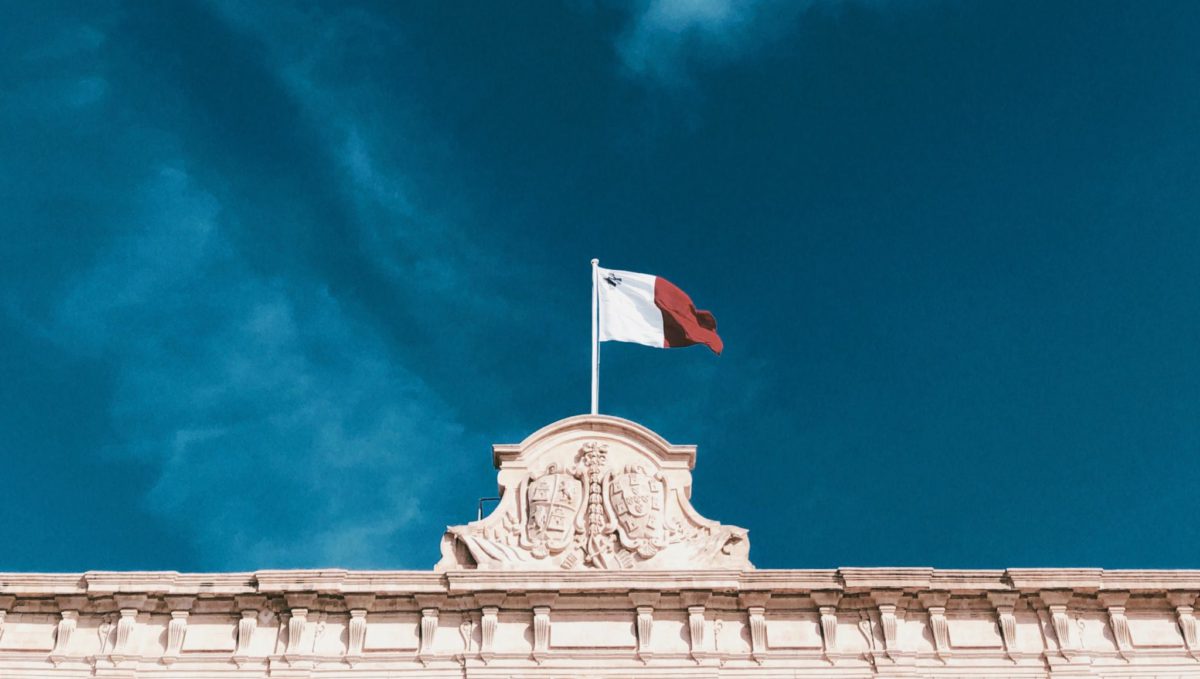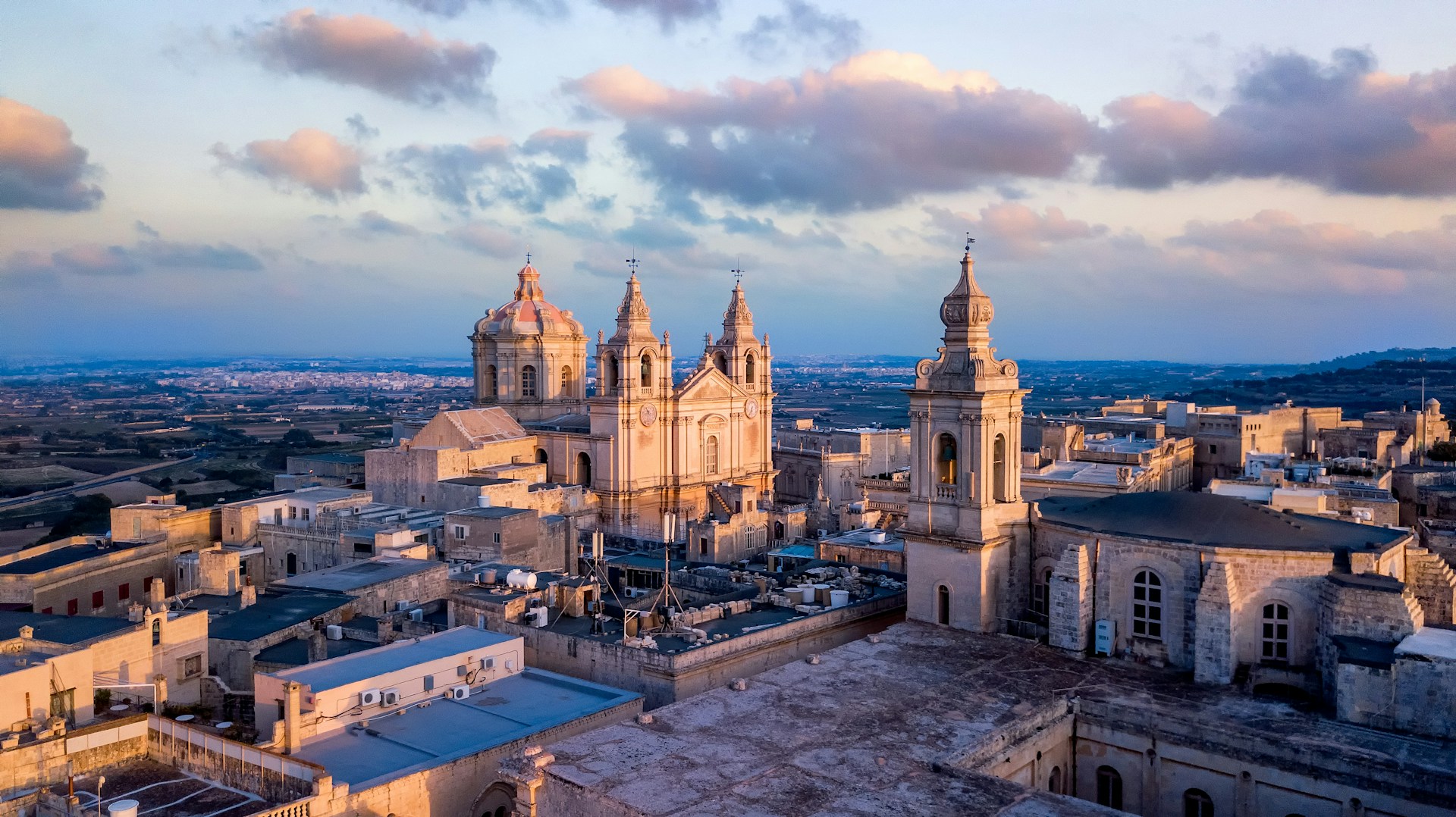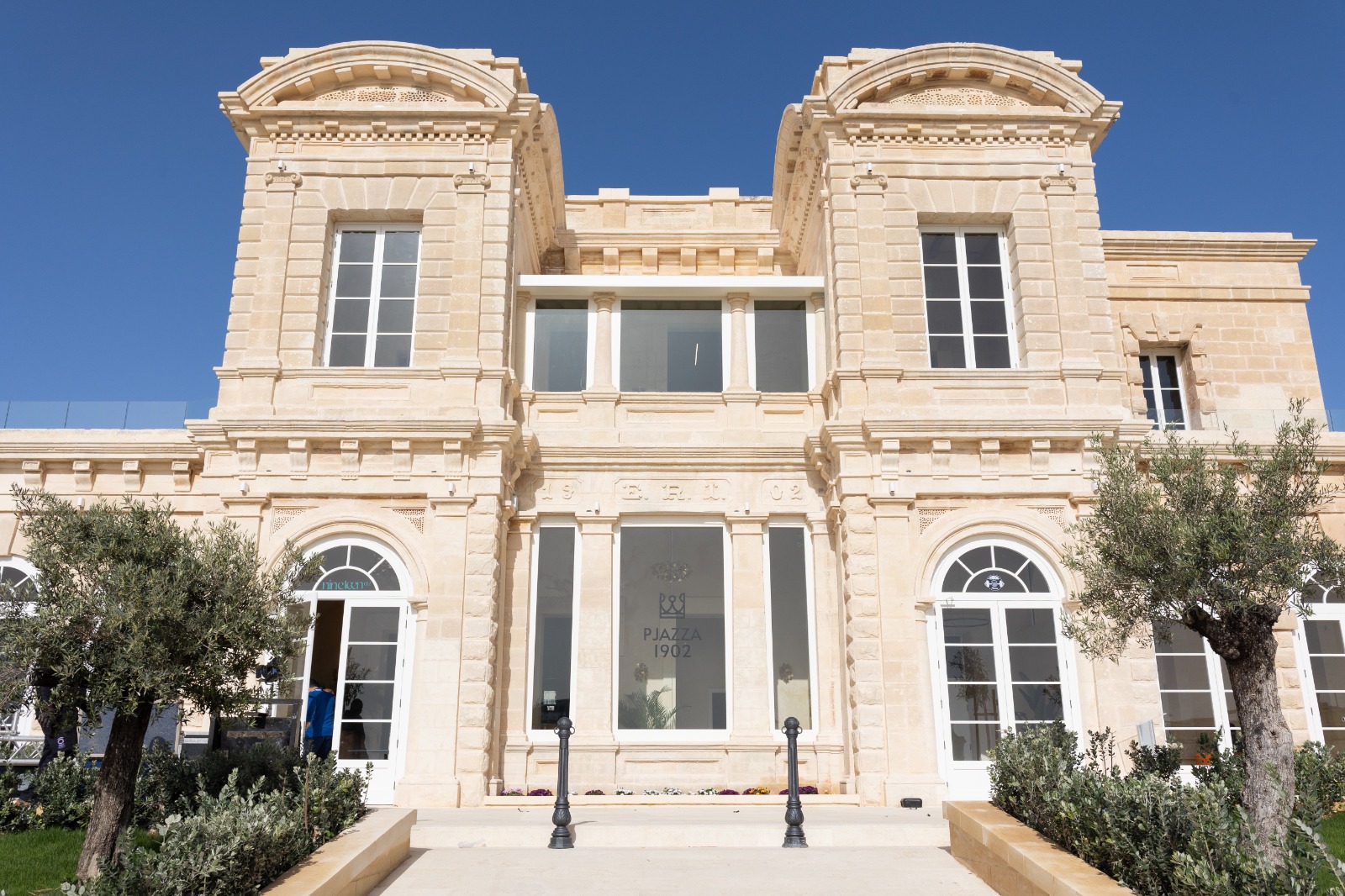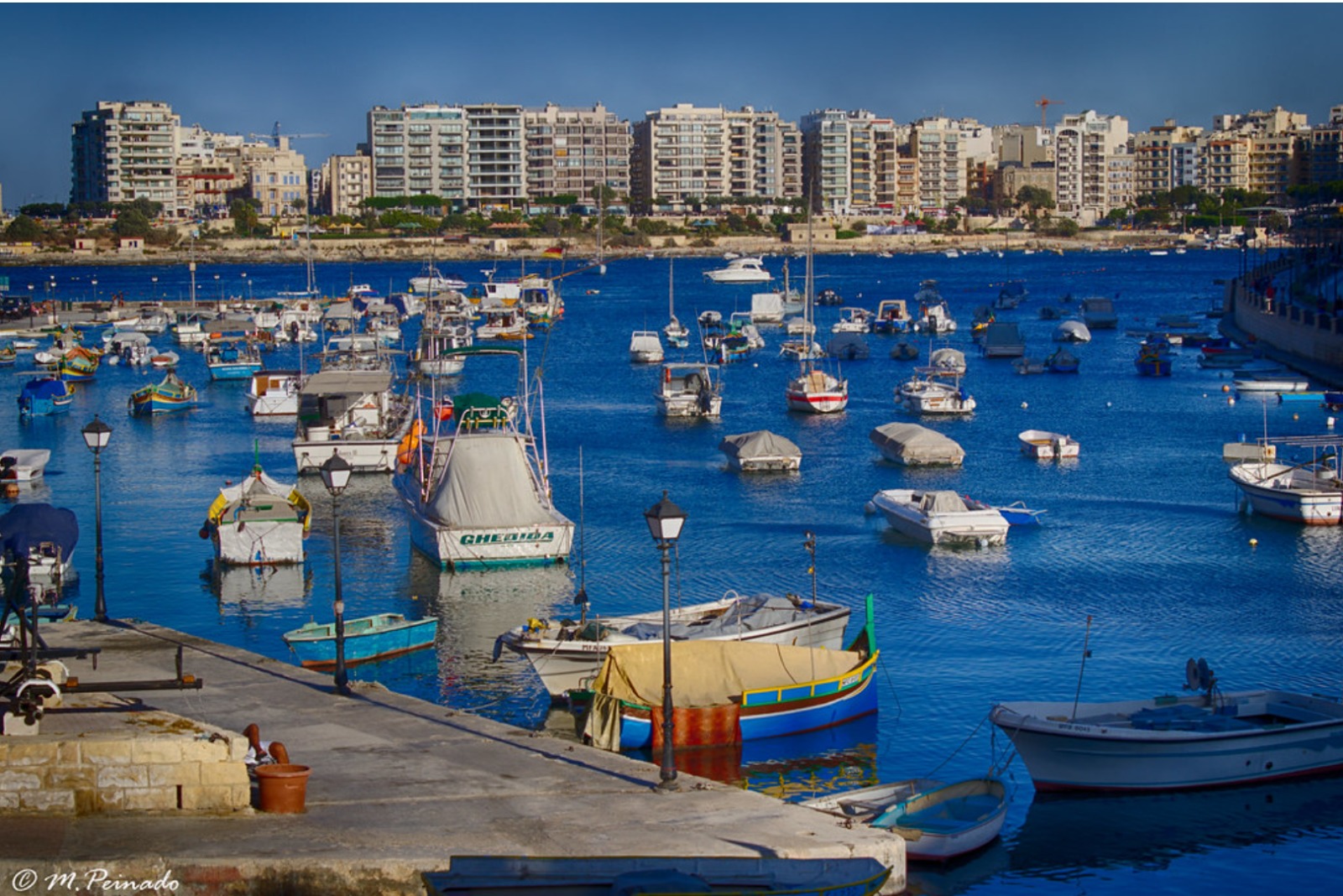Malta rose to lead the EU’s iGaming sector in the early 2000s due to a number of factors, ranging from the quality of life it could offer employees and its use of the English language.
The most important factor though was the country’s early drive to regulate the sector.
A local regulator, the predecessor for the Malta Gaming Authority (MGA), named The Lotteries and Gaming Authority (LGA), was set up in 2001 to regulate various sectors of the gaming industry to create a fair and safe environment for players and prevent crime (like corruption and money laundering).

With the Lotteries and Other Games Act of 2001, the country became one of the first EU countries to directly regulate the industry, and whilst it would be an oversimplification to state that it was smooth sailing from there, it is undeniable that the move was the first step to positioning Malta’s jurisdiction as one of Europe’s foremost.
With an MGA B2C licence, iGaming operators could offer their products to bettors in the vast majority of as-yet unregulated EU markets – where companies were tolerated as long as they held a licence from a reputable foreign regulatory body.
Essentially, in the absence of a dedicated local regulator and licence, companies could also use the MGA licence to lend reputability to their offering in the eyes of customers and local authorities, inspiring trust in the legitimacy of their games.
Throughout the noughties, online gambling companies flocked to Malta, attracted not only the country’s strong regulatory environment, but by its extremely competitive corporate tax rates.
The MGA’s was far from the only licence available, and the UK was also trailblazing in its regulatory environment. However, the British licence, while rigorous and respected, from 2007 required operators to pay a high tax on profits of 15 per cent – giving Malta’s the edge for many operators.

The Baltic countries were also relatively early in their regulation of the sector, with Latvia introducing regulation in 1998, Lithuania in 2001, and Estonia in 2008, but these licences failed to appeal in the same way Malta’s did.
The tide began to turn against Malta in the early 2010s, as a number of major EU countries introduced their own online gambling regulations, in most cases requiring a local licence from companies to serve customers in its borders, thus damaging the appeal of the MGA B2C licence.
France, for example, introduced comprehensive gambling regulations covering iGaming in 2010, while Belgium and Italy (for online poker and casino) were soon to follow, introducing their own licences in 2011.
Austria, Croatia, Denmark and Ireland, would be amongst the companies to totally overhaul their iGaming legislation in the years that followed.
A number of jurisdictions would remain open for MGA-licenced operators throughout the next decade, with the lucrative Dutch market only introducing its legislation in 2021, after one of Europe’s largest online gambling markets, Germany, did so only a year earlier.
As things stand, there are now only two EU countries where Malta-licenced operators can operate – Norway and Finland.
However, even in these markets, MGA-licensed operators and the Government are locked in a confrontation, where the country’s authorities are working to make operators not licensed in the country unable to operate in their lucrative markets.
Having tried and failed with domain blocks, the countries are now turning to the much more effective payment blocker option – meaning players in the locations with banks and payment cards registered locally are unable to deposit onto accounts, and thus unable to play.
In the case of Finland, whose parliament voted through a payment block in the final weeks of 2021, the country has drawn fire due to the fact it is the only EU member state with an exclusive iGaming monopoly option.

The European Betting and Gaming Association (EGBA) has been particularly vocal about the issue, attempting to spark an overhaul of the iGaming regulation in the country – which would include a new regulatory environment.
However, this is focused on permitting companies to apply for licences in the jurisdiction, not on allowing existing EU licensees to be permitted to take bets again.
The reasons for the broad introduction of regulation should be addressed. There have been a number of motivations for countries to introduce their own regulatory framework – including bettor protection perhaps most prominently the desire to take a share of taxes from players.
Essentially, by allowing companies domiciled abroad (like in Malta) to operate locally, countries are forced to cede tax income from their potentially lucrative iGaming markets.
Some country’s attempts to tap into iGaming income have been met with opposition. For example, Germany last year launched its updated gambling regulatory framework, including a 5.3 per cent tax rate for online slots and poker, which many operators felt would make operations impossible.
Ultimately, with every EU country that introduces their own iGaming regulation, the MGA’s B2C licence gets less and less appealing – in a case of death by 1,000 cuts.
The MGA’s latest figures on licencing reflect this – showing that for three consecutive years – 2018, 2019 and 2020 – new gaming licence applications decreased from 209 in 2018 to 58 in 2020.
However, it is notable that while new applications are decreasing, the number of companies currently holding B2C licences is largely stable, with 196 operators holding an MGA licence by the end of 2020, down from 207 at the end of 208.
Of course, the B2C licence is not the only licence type offered by the regulatory body, and its B2B licence – for companies providing software and other critical services to iGaming operators – seems to have got more popular in recent years, rising from 68 at the end of 2018, to 122 at the end of 2020.
Together, these figures are promising for the future of Malta as a jurisdiction – if not the country’s B2C licence.
They suggest, for the moment at least, that Malta’s status as an iGaming hub with a high concentration of skilled staff and promising companies, is safe.

As has been previously pointed out, many companies have deep roots in Malta, meaning it would be difficult and costly to relocate out of the country – for the moment.
This is subject to change though, and there is always a possibility that companies could reassess their presence on the island, due to a combination of factors, including rising costs (along with decreasing quality of life) for staff, difficulties related to Malta’s banking system, and, of course – the lack of appeal of its licence.
Additionally, the incoming OECD minimum corporate tax rate would see some Malta-based companies forced to pay higher tax rates.
The tax agreement will see Malta have to withdraw one of its most favourable laws for large foreign-owned corporations, which currently are able to pay an effective five per cent tax rate locally.
Instead, international corporations making a revenue of over $750 million (€650 million) annually will be required to pay a minimum corporate tax rate of 15 per cent.
The majority of Malta’s iGaming companies will not exceed that threshold, but some – like Evolution – likely will.
The fall of Malta’s B2C licence has not only affected the local iGaming sector though, it has also had a likely irreversible impact on the wider EU iGaming sector.
For every market they are active in, operators are now forced to shell out on expensive licence fees. For example, for operators looking to enter the Greek market, which was regulated in 2020, a multi-million euro payment is required.
Paying comparable fees to enter multiple markets might be feasible for the giants of the iGaming sector, many of which continue to be based in Malta, but is likely to exclude smaller companies and white label operators from expansion.
A legitimate fear arising from this phenomenon is that, with less competition, bettors will be forced to turn to unlicensed operators or those based on cryptocurrencies – costing markets their tax income and players the protection of rigorous player safety rules.
Continue Reading
Pjazza 1902: New hotspot blends community engagement and B2B offerings
The entertainment hub, which has recently opened in Pembroke after a lengthy period of meticulous restoration, serves up a gamut of dining, fitness, business and leisure opportunities
Gavin Isaacs steps down as Games Global chairman to take on new role as Entain CEO
His appointment comes into effect from September 2024, and will see him remain on the board of Games Global as an independent non-executive director
Third-largest cryptocurrency exchange OKX selects Malta as its MiCA hub
Under the MiCA framework, OKX plans to offer spot trading (including EUR and USDC pairs) in addition to buy, sell, convert and staking services to qualified EU residents through Okcoin Europe Ltd
GO’s Enterprise Solutions geared to deliver end-to-end business technology
The telecoms firm prioritises holistic and scalable solutions for its corporate clients, says Arthur Azzopardi, Chief Officer at GO Business.










